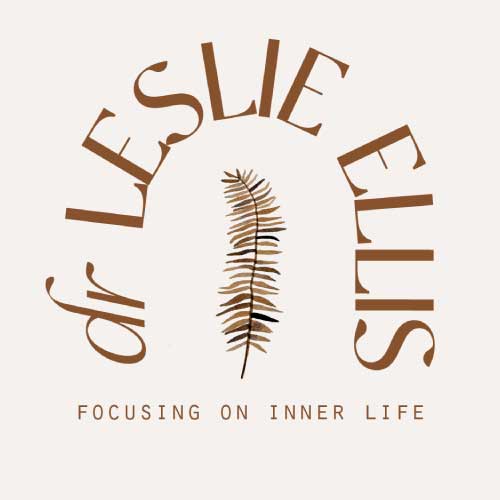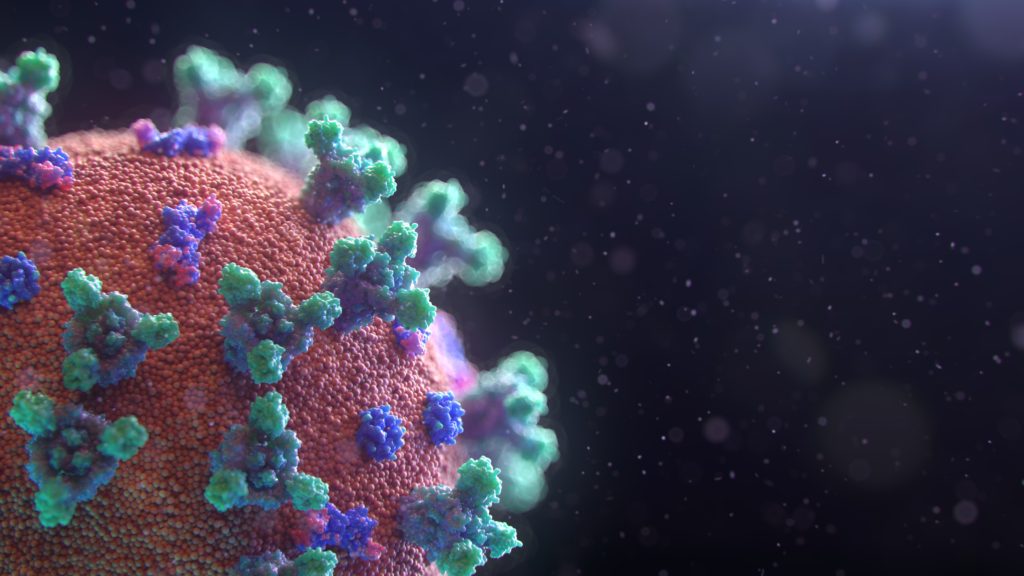There are countless resources being freely offered right now to help us all manage the stress and trauma of COVID-19. This article offers some specific practices that are based on focusing, a gentle, embodied way of sensing inside that is particularly well-suited for managing overwhelm. Focusing is a soothing practice for all forms of regulation: self-soothing, co-regulation in a dyad, and for connecting deeply in a group. It is also an exquisite way of listening that truly helps another.
Keep things moving!
If I had to name one overarching principle to help us stay regulated during this time of crisis, in a word, it would be movement. I am not limiting this to physical movement, although this is certainly helpful for burning stress and getting stuck energy flowing. What I mean, is when you take in the stress from the news or from a challenging event or interaction, don’t let it sit there inside. Jog it out, dance it, sweat it out if such physical options are available.
Movement can take many other forms, however. The breath is one of the simplest, most accessible ways to move energy through is. We can visualize breathing in calm and breathing out stress. We can lengthen the out-breath to calm the nervous system. And we can move heavy feelings out through visualizing, through the embodied imaginal steps of focusing. For example, of the accumulated stress feels like a great weight, our gentle attention can turn it into a feather that quietly floats away.
Focusing for self-regulation
In a recent video on how to manage during COVID-19, Dr. Bruce Perry speaks on thetraumatherapistproject podcast about the necessity to stay emotionally close even as we physically distance. He also speaks about the importance of self-regulation, not just once a day when we go for a long walk, but constantly, throughout the day. We need to take mini-breaks to just breathe, move our bodies, meditate briefly. Or we can clear our inner space using focusing to acknowledge and gently set aside the troubles we can’t attend to in the moment.
Focusing teaches us to sense inside and be open and curious about whatever we find there. It is a way of being present with ourselves in a non-judgmental manner that allows the body to speak, and thus to metabolize all that we take in that needs to keep moving through us. It prompts us to turn toward our own embodied selves and in doing so, to find the right next step forward.
Co-regulation in a time of physical separation
As mammals, we are designed to be soothed in the presence of each other. We are attuned to touch, and are now needing to find other ways to co-regulate our nervous systems. Stephen Porges, who developed the Polyvagal Theory, stresses how important it is for us to regulate each other, especially in stressful times. When we can’t touch, our voices are a fine substitute, especially they are calm and relaxed.
Vocal prosody is a way to communication safety and connection, says Porges. So when we are reaching out to our loved ones, it’s better to use video or phone than text or email. And it’s also wise to limit exposure to fast-paced, newscasts that raise alarm in our bodies. He suggests reading the news instead.
Co-presencing as an evolution of our responsiveness
All over the world, people are not only coming to terms with the enormity of the crisis, but they are also responding with love, and by banding together in small, online groups to connect and offer mutual support. Thomas Hübl, founder of the Academy of Inner Science, speaks of the need for co-presencing to raise the level of our collective intelligence. He said that when we are in co-presence, a field is formed that makes us all greater than the sum of our parts. It is from here that innovation comes.
In a video on how to find our resilience in a time of crisis and pandemic, Hübl suggests that the stress caused by the current crisis is triggering our past and collective trauma. And when we are in a stress response, we do not act from our best selves. We need to come together in a loving way to metabolize this trauma. And we have the embodied experience and resilience to do it:
“Many of the fears now are not related to the present moment, but stored in our bodies from our time as children or from the collective trauma field of our ancestors. This naturally comes up when things are scarce. We need to find resourced parts of our body. Our body (contains information that) is hundreds of thousands of years old. It contains the wisdom of the concentrated liquid of humanity.”
When asked how we should respond to the current challenge of our over-taxed medical system, Hübl said we need to stop looking for a long-term solution because we don’t actually know how the future will unfold. Echoing Perry, he advocates need to continuously regulate and stay present to what comes, to view this as a marathon, not a sprint. And the only thing we should focus on is the immediate next step.
“We have to let go of how the world was yesterday, that world is gone. Many things we had don’t exist anymore. The world changed in the blink of an eye. We need to release ourselves from what we know, because now we are swimming. We need to be present, we need to swim now. The things that are happening are a collective force, so it’s very important to look forward, not back… We need to look for the next step we can do that is doable. To look too far ahead paralyzes us.”
Here again, focusing is a way forward. As focusing founder Eugene Gendlin pointed out, inherent in our bodies’ felt sense is the way forward, the right next step. If we can truly listen inside and to each other, we have the individual and collective inner wisdom and embodied experience to move through this crisis with grace and love.

